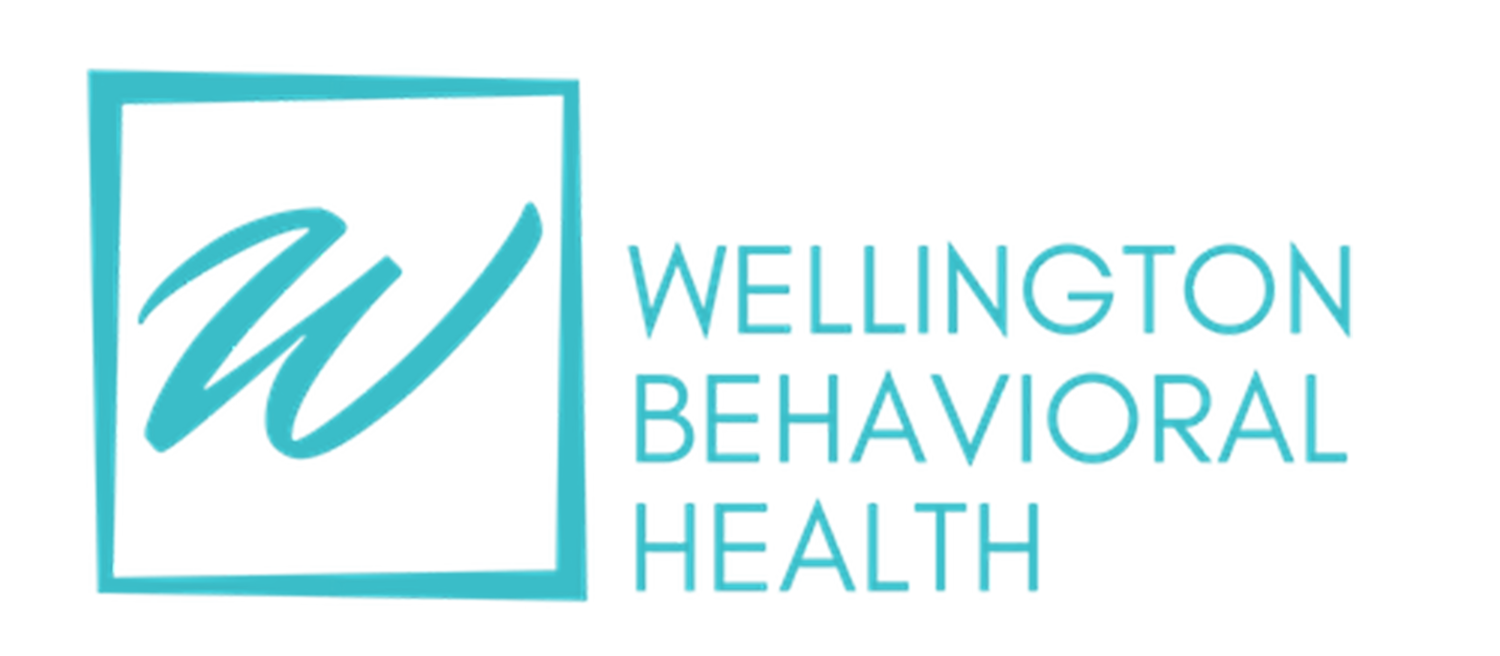It’s no secret that we all need social connection. Since the beginning of time, humans have thrived by interacting and spending time with others. Not only does it help to manage our emotions and boost our moods, but it also allows us to experience love, joy, and gratitude. It’s not surprising, then, that, with the rise of digital interactions, social connection has decreased, and loneliness has increased. Instead of gathering with friends for happy hour or movie nights, we head home to play video games or scroll social media.
Before we dig in, it’s important to define social connection. It’s the sense of closeness and belongingness we experience through the supportive relationships in our lives. The act of connection occurs when two or more people engage in a way that makes each individual feel valued, seen, and heard. Examples of social connection include a morning chat over coffee, a hug from a partner when the workday ends, or an evening walk with a friend.
To start, let’s consider four benefits of social connection.
1. Better quality of life
Let’s be honest: Social connection simply makes your life better — particularly when it comes to your physical health. A 2015 study linked social isolation to decreased immunity, increasing your risk of getting sick. Another research study found that your chance of stroke and heart disease increased by 30 percent if you lived an isolated life.
2. Mental health boost
Spending time with others boosts your mental health too! Connection can boost your mood, improve your self-esteem, improve your quality of sleep, and reduce stress. It’s not surprising, then, that a lack of relationship is detrimental to your health. A 2018 study by the American Cancer Society (ACS) looked at data from 580,000 participants and determined that isolation contributes to depression, anxiety, insomnia, and cognitive decline.
3. Longer lifespan
Research suggests that social isolation increases the chance of death by over 50 percent. In fact, solitariness is even more dangerous than smoking and obesity.
4. More fulfillment
You often experience a range of emotions when spending time with loved ones. You may laugh, cry, or bond over a shared experience. Even a quick phone call or “thinking of you” text has the power to make you feel valued and loved. The expression of these feelings releases endorphins and dopamine, two types of neurotransmitters that are responsible for your mood and happiness.
It’s easy to see why social connection is important to our mental health and overall well-being.
If you want to increase your moments spent connection but aren’t sure where to start, consider the following ideas:
Volunteer! Donating an hour or two of your time each month to a local non-profit will help you build new friendships and connect with your community. Plus, it just feels good to give back.
Join a group that meets regularly and focuses on something you love, like reading, painting, or practicing joyful movement. Sharing common interests allows you to bond in a natural way.
Hug your loved ones. A show of physical affection deepens existing bonds and gives you a quick dose of endorphins.
Be an active listener. Engage in your conversations throughout the day, and ask questions to show that you’re genuinely interested in the other person’s life.
Discover the possibility of living a meaningful life. Discover the possibility of recovery. Reach out to Dr. Benaaz Russell, PsyD, CEDS-S, today to schedule an appointment!

